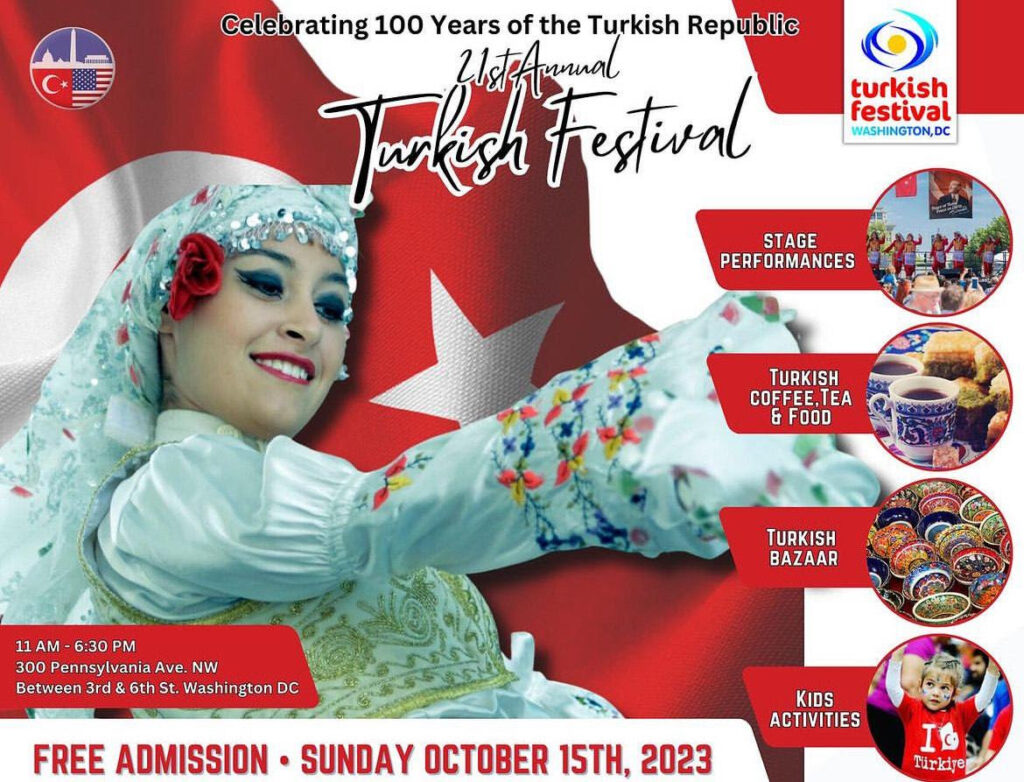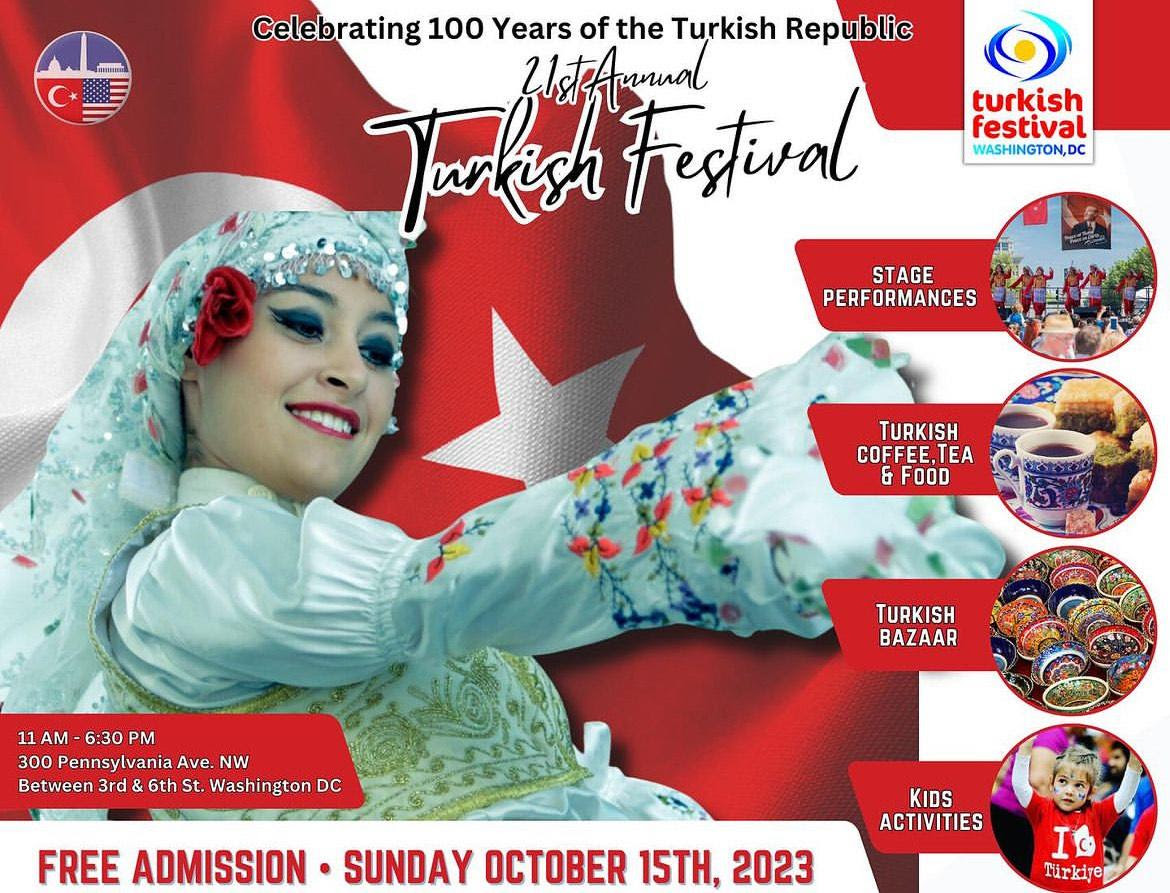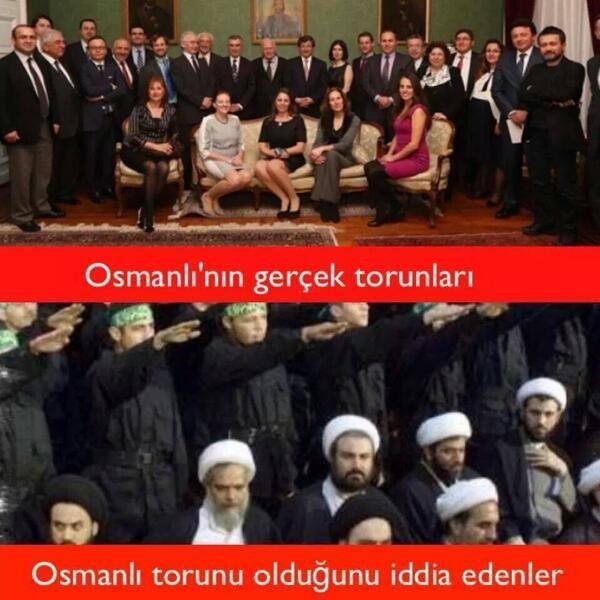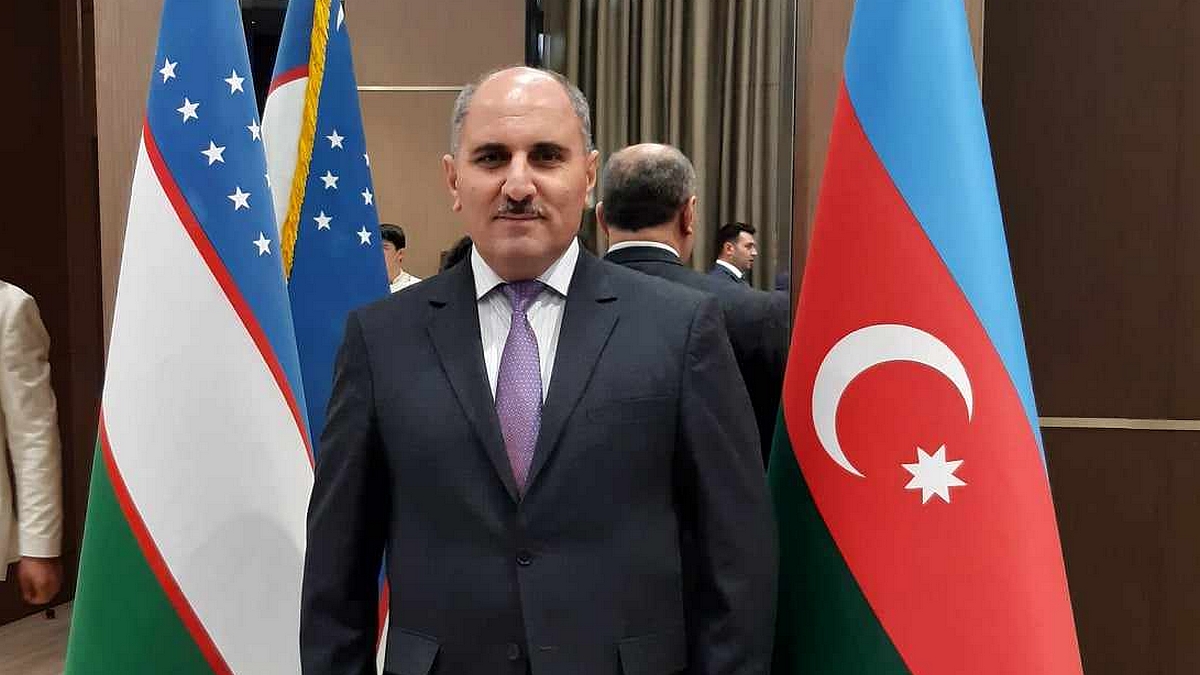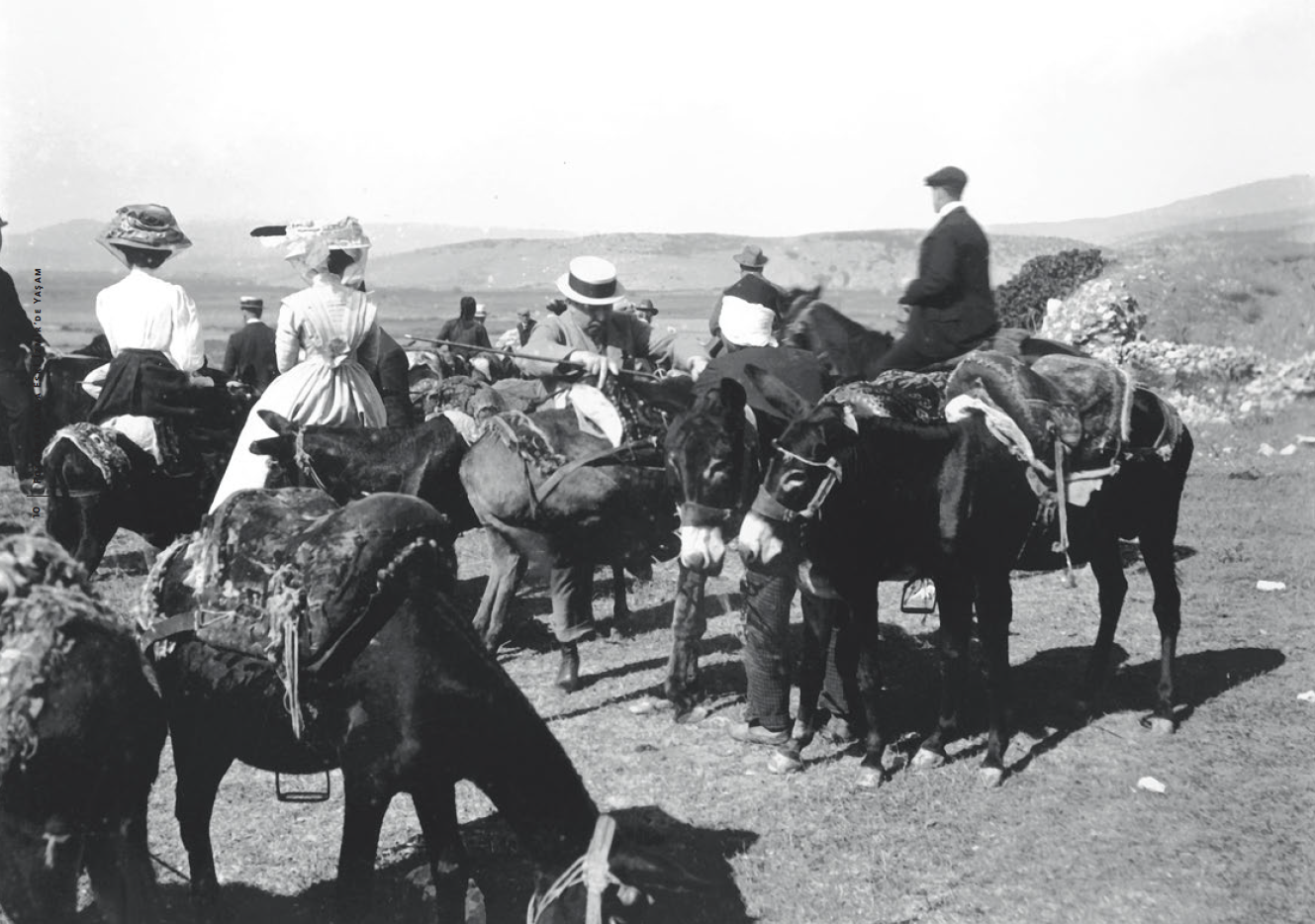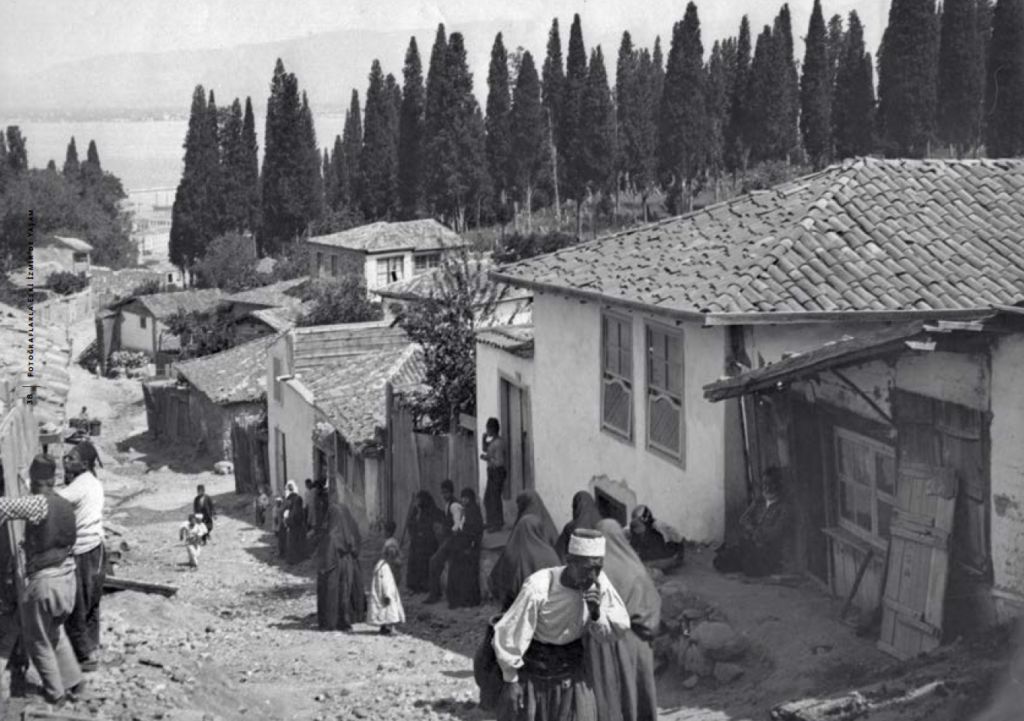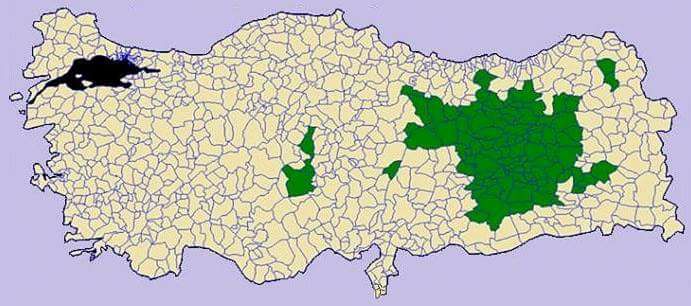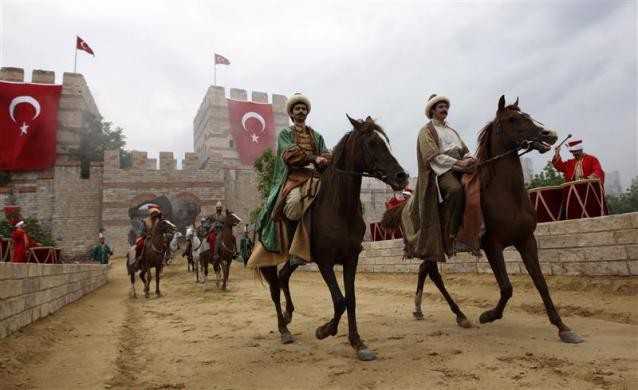The US’s Hypocrisy or How Does Look Like Double Standards…
By Azer HASRET
We know that the United States of America is the biggest and most powerful country of the world. We understand this and take it into account. But when it comes to fairness, we see that this very most powerful country is biased and hypocritic…
We are talking about the approach of the US towards the same issue in different countries.
The US is supporting territorial integrity of Ukraine which is now facing unfair occupation war by its neighbor – Russia. Ukraine is defending itself and even I’m in support of this country. Because I believe and know that Ukraine is in a right side.
The US also is supporting Ukraine. By any possible means. Like providing huge amount of financial aid plus arms support. We appreciate the US’s this very approach.
Why do the US do that? The answer is very clear: The US is supporting Ukraine to defend its territorial integrity and state sovereignty.
Great! Thanks to the US for this approach!
Indeed, the US is supporting those countries which is under Russian occupation or Russia’s oppression! Thanks again!
Logically if you do something in a likewise situation for someone you must do the same for others as well.
Thus, if the US is supporting Ukraine’s fight for its territorial integrity, it must support other countries which suffer from the occupation and separatism the same way!
But what do we see?
We see that the US is not doing the same for other countries or for one single country which is also facing occupation and separatism.
We are talking about Azerbaijan. Most clearly, about US’s stance towards the case with Azerbaijan which is trying to end up with occupation and separatism on its soil…
Azerbaijani lands were occupied by Armenia 30 years ago. And all cities, villages, even cemeteries, mosques, libraries, cinemas, theatres were destroyed by Armenian occupants during those years.
Plus, some 250 thousand Azerbaijanis were ethnically cleansed from Armenia. Then some 750 thousand Azerbaijanis again ethnically cleansed from the occupied Azerbaijani lands by Armenia…
Thus about 1 million Azerbaijanis were ethnically cleansed from their lands. Up today they can’t return to their homes/lands. The reason is Armenians/Armenia.
Today some 30 to 40 thousand Armenians are living in Karabakh, Azerbaijan. This region is internationally recognized part of Azerbaijan and no country on the world including the US is against this…
But from time to time the US policy makers stage discussions about 30 thousand Karabakh Armenians while we don’t hear from them a single word about 1 million Azerbaijanis expelled from their homes/lands.
We understand and accept that some politicians in the US are supporting Armenians and calling for their rights to be provided. But is there a need for that? Or why to call on Azerbaijan to respect the rights of a small Armenian community while Azerbaijan itself announced that their rights will be protected under the Constitution of the country?
Azerbaijan repeatedly announced and announces that it will protect Armenian community as well based on the Constitution of the country. So, what is the problem? Or why some people in the US are upset? And why these politicians of the biggest world power are calling on Azerbaijan to respect the rights of Armenians?
Is Azerbaijan doing something opposite? Is Azerbaijan ignoring the rights of Armenian community?
No! Clearly no!
The situation with Armenians is like this. The logic says that the US or other world powers are not interested in rights of Armenians in Karabakh, Azerbaijan. They are interested in producing as much as possible pretexts to press Azerbaijan!
And by this stance they are forcing Azerbaijan back to the USSR (Russia), while this country is looking towards the West for the integration…
At the end of this short piece, we’d like to stress out again that the US is supporting the territorial integrity of Ukraine or Georgia which lands are under Russia’s occupation. But the same US is hypocritically avoiding the issue of territorial integrity of Azerbaijan while talking about rights of Armenians…
Azerbaijan and Armenia must think twice while considering the relations with the US. If not, the US will force both countries to a new war. But we don’t want a new war or any military clashes…
